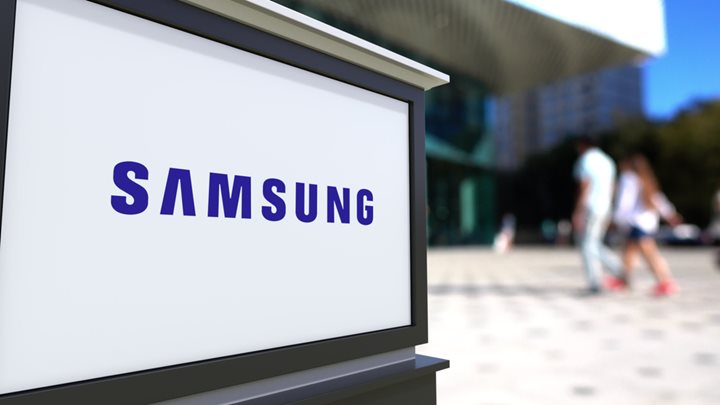Many people often wonder what the primary difference is between Samsung (KRX:$005930) and Apple (NASDAQ:$AAPL)? And today, you’re going to find out.
When compared, one will notice a fundamental difference between the two companies – Samsung designs and makes all the components that power its devices, while Apple is a designer that outsources all of its manufacturing.
If Samsung’s latest quarterly earnings guidance is accurate, the South Korean-based company is on a significant upwards trajectory increasing 50% at the end of 2016 and a 70% year-on-year increase for the second quarter of 2017.
What caused this rebound? First, it’s because of Apple and its use of Samsung Display Company (SDC) OLED screens on its iPhone 8 series. Additionally, Samsung Electronics is a key supplier of V-NAND, UFS/SSD, DRAM, processors, and a number of other smartphone and computer components. Not to mention both the Galaxy S8 and S8 Plus have been given the title of the world’s best Android smartphones. As of right now, Samsung products are used in over 70% of western homes. Last but not least, Samsung suspects that the upcoming S Pen equipped Galaxy Note 8 will break all sales records as there is a huge demand given the gap between the Note 5 and the new Note 8 release.
Samsung’s earnings guidance for the second quarter of 2017 has predicted the highest ever level of profit in the company’s lifetime. Why? Well it’s not because of any major profits made along the way like one might expect; it’s simply because the stars are aligning.
In fact, their Electronic Division alone expects sales of 60 trillion won and an operating profit of 14 trillion up from the first quarter of 2017 of 50.55 and 9.9 trillion won. To put this into perspective, one trillion won is roughly equal to $11 million. If these estimates were to happen, Samsung will have beaten Apple’s operating profits – on an Apple for Apple basis.
However, Apple devotee’s have every right to point out that one-quarter does not make a year as well as the fact that the iPhone 8 release in September has significantly slowed down iPhone sales as users are waiting for it’s “anniversary edition.” Additionally, most of these devotees believe that the iPhone 8 will blow every other phone out of the water. That said if the free-fall in sales of iTunes and the increase of OPPO and Huawei in China are indicators, Apple’s market is declining.
Of course, Samsung still has to compete against other Android makers, but the day when the Galaxy S and Note series lose the title is still long ways away.
Though it is still unclear as to whether Samsung can maintain its growth trajectory, the signs seem to be pointing in the direction of a holistic and profitable company.
Featured Image: Depositphotos/© alexeynovikov











